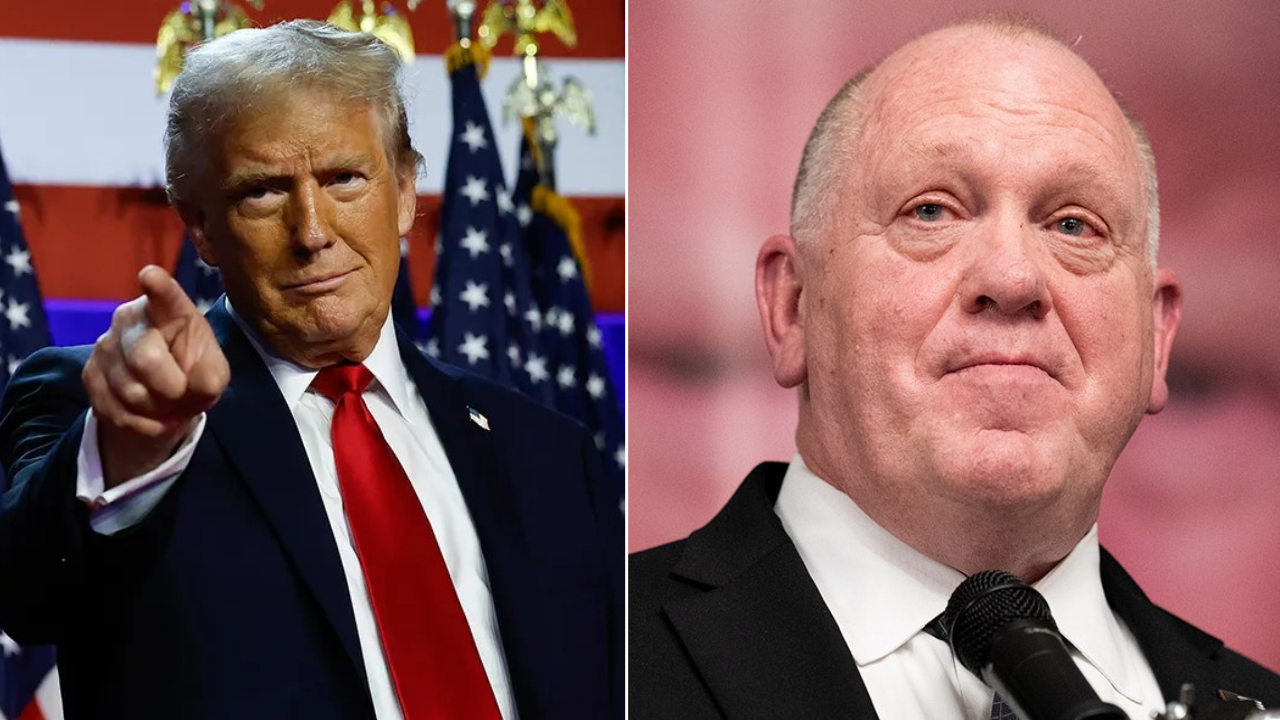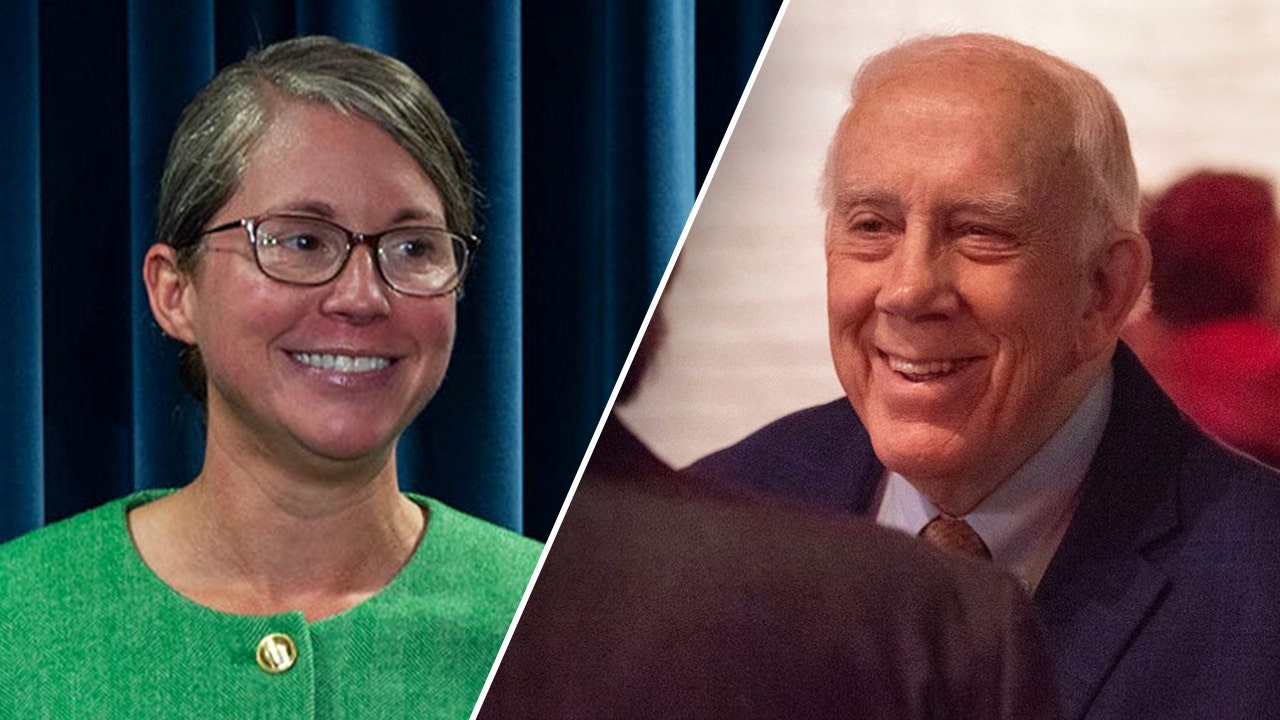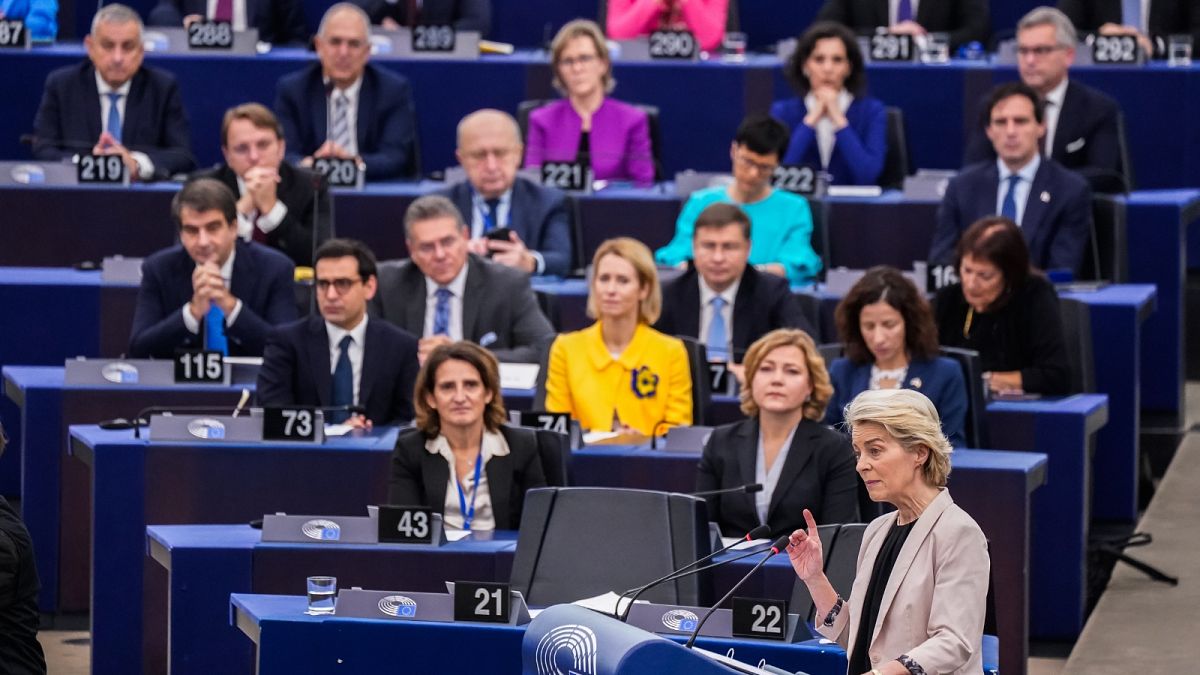New York megachurch pastor Jim Cymbala told Arkansas Baptists on Tuesday that the American evangelical movement is in deep, deep trouble.
Covid-19 didn’t cause the problems, the non-denominational preacher maintains; it merely exposed them.
“All denominations tell me — the ones who are honest, the leaders, [say] — ‘We’re shrinking. We’ve got empty pulpits, we’ve got empty churches, we’ve got less people, especially since the pandemic,’” Cymbala told members of the Arkansas Baptist State Convention.
The Southern Baptist Convention, the nation’s largest evangelical denomination, saw its average Sunday attendance drop from 5.25 million in 2019 to 3.8 million in 2022.
The Assemblies of God saw its U.S. attendance fall from 1.99 million in 2019 to 1.73 million last year.
“A lot of people said they were home, going to watch online, and they haven’t come back. No one’s seen them since 2020 [or] 2021,” Cymbala said. “What the pandemic did was, it revealed the soft underbelly of the evangelical church.”
In addition to disrupting churchgoing routines, covid-19 also revealed deep divisions within evangelical Christianity, he said.
Some fault lines are political; some are racial, he said.
During the pandemic, ministers were attacked for their covid policies, regardless of whether they made masks mandatory or optional.
‘OVER A MASK’
Some people “swore they’re never coming back to church. Over a mask,” Cymbala said.
The divisions in American churches aren’t merely unpleasant; they’re dangerous, he suggested, noting the words of Jesus in Mark 3, verses 24-25: “If a kingdom be divided against itself, that kingdom cannot stand. And if a house be divided against itself, that house cannot stand.”
“Aren’t we supposed to be Christians first? Aren’t we supposed to go to heaven? Aren’t we brothers and sisters? Can’t we agree to disagree?” Cymbala asked.
The answer, all too often, is: “No. No we can’t,” he said. “If you disagree with my political position on anything, I’ll take your trachea out.”
Fox News and CNN have supplanted the gospel in some households, he suggested.
“Most churchgoers don’t identify as Christians first. No, they don’t,” Cymbala said. “They identify as right-wing [or] left-wing … pro-Trump [or] anti-Trump. That’s how they identify, and if you disagree with them [about] that, they’re coming for you. You won’t see them again.”
PRIMARILY POLITICAL
As churches fracture, the fault lines have primarily been political, rather than theological, he said.
“This wasn’t an argument over the Virgin Birth or the Second Coming of Christ or what happened on the cross. It was not about that. It was about a vaccine” or wearing a mask or social distancing, Cymbala said.
“Then, with the murder of George Floyd [by police officers in Minneapolis], everything got racialized [and] politicized,” he said. “Now you have churches that are preaching politics and the flag more than they do Jesus Christ.”
People should vote their conscience, Cymbala said.
But when the church’s focus shifts from evangelism to electioneering and from Bibles to ballots, “it’s toxic,” Cymbala said.
“Nowhere do you find Paul or Jesus or anyone getting involved in the political issues of that day,” he said. “If you get involved in that, you’re gonna get bitter in your spirit. You get angry. … It’s us against them. And then, after you call someone a devil and [say] that they’re wrong, then try to win them to the Lord. Tell me how that works out.”
‘TO KNOW NOTHING’
“Paul said, ‘I determined to know nothing among you, except Jesus Christ and Him crucified,’” Cymbala said.
“Jesus is not knocking on the door of the White House or Congress — stop that — or the U.N. or the stock exchange. He’s knocking on the door of his churches,” he said.
The Brooklyn Tabernacle Choir, the world-famous Grammy-winning ensemble led by Cymbala’s wife, Carol Cymbala, doesn’t steer clear of politicians entirely. It accepted an invitation to sing at the 2013 inauguration of President Barack Obama.
But the congregation doesn’t allow political candidates to stand in the pulpit, the pastor noted.
Originally a Presbyterian house of worship, the church changed its name to Brooklyn Gospel Tabernacle in the 1960s.
Cymbala became pastor in 1971.
“When we first started, we had less than 15 people in the whole church. If you could walk, you were in the choir. If you could get up on the platform, ‘Hey — you’re an alto,’” he recalled.
CONVERTED THEATER
Today, the congregation meets in a roughly 4,000-seat converted theatre theater on Flatbush Avenue. Its current name was adopted in the 1980s.
The church’s demographics reflect the community.
“We have every nation, every tribe, every tongue, obviously. We’re in downtown Brooklyn,” Cymbala said.
That rich diversity is the exception, rather than the norm, in many of America’s churches, he noted.
“There’s more unity in a crack house, more openness to races in a crack house in Brooklyn than there [is] in a lot of churches. This cursed thing of target groups and racial prejudice. The Christians have led the way in racial prejudice,” Cymbala said.
He recalled telling one leader of a major denomination: “Everyone knows how you all work. When the neighborhood changes, you’re moving … because you’ve got members that are so carnal they’re going to leave if your church gets integrated.”
“And then when you move to another neighborhood and that neighborhood changes, you’ll be moving again,” he said. “You don’t think the world sees that and knows that’s a joke?”
RACIAL BARRIERS REMAIN
Racial barriers that have been erased in the ballparks remain in the pews, he said.
“You go to your Dallas Cowboys game or your football game, and some Black guy gets a hand-off or catches a pass and goes in [for a touchdown] and you’re jumping up and you’re screaming,” Cymbala said.
“He’s your idol. … He gives your team the victory. But you just don’t want [his] family members in your church. Is that not revolting to God?” he added.
Cymbala also encouraged pastors to confront troublemakers within their congregations.
“Mark those who cause division. After two warnings, have nothing to do with them,’” he said, citing the words of Paul in Romans 16.
“I pray that leaders here will mark those who cause division, who gossip and slander. They are poison; they’re cancer,” he added.
























/cdn.vox-cdn.com/uploads/chorus_asset/file/25739950/247386_Elon_Musk_Open_AI_CVirginia.jpg)




